How often have you found yourself lost online, searching for something, only to land on a website that you had no intention of visiting? It has happened to all of us. In that time spent online conducting a search expedition, you would have been exposed to the pay-per-click advertising of several brands, who were all able to target you through the words you typed into the search bar, through your location, your browsing history and a host of other factors. So, what made you click on a particular ad? Was it the eye-catching imagery? The clever use of words? Or simply because it was the highest-ranked result on Google? Let’s find out how other brands make use of pay–per–click (PPC) best practice to upstage their competition. In learning these pay-per-click tips, so can you!
What’s so special about PPC anyway?
PPC advertising, made possible by the world wide web, is one of the most unique ways of advertising your brand. It allows you to gain complete control of where you spend your budget and have the results of your campaign meticulously measured. In the fast-paced world of digital marketing, it’s a huge bonus to see if your campaign is generating your desired ROI, in real-time. PPC ads usually work like an auction, and this allows you as the advertiser to place a bid on every relevant search query to get your ad into the highest-ranking position on the search engine results page (SERP). There are many variables at play in an ad auction, but usually, if you outbid the competition, that gives your ad the best chance of being seen by your audience. Search ads are the most popular form of PPC advertising and allow you to meet potential customers who are actively searching for the products or services that you offer.
With over 75% market share, Google is by far the largest and most popular search engine to advertise on. With all that market share comes a lot of competition amongst advertisers. Everyone is bidding to be one step ahead of their competitors.
So, now that you understand the basics, here are some tips to help you achieve better results with your PPC campaigns. If it’s a beginner’s introduction you’re looking for, then please read our PPC beginner’s blog here.
1. Focus on the negative
Sounds strange, doesn’t it? But adding negative keywords filters out any irrelevant or unwanted traffic and prevents your ad from being served to an audience that has no purchase intent. Not only does it save you the nuisance of having to respond to unrelated queries, but most importantly, saves money and stretches your PPC budget by avoiding pointless and unnecessary clicks.
But wait, there’s more! negative keywords help your ads become more targeted and increase the number of relevant conversions, which helps your overall quality score. The better your quality score, the higher your ads will rank on the SERP. Quality over quantity, right?
2. Identify, adjust and remove non-performing keywords
When was the last time you did a good spring clean? Out with the old and in with the new, we say! The same should apply to keywords. Keywords are the building block of your PPC campaign and they need to keep in good order if you are looking for gains in your PPC advertising. So, before you do anything else, make sure you have carried out proper keyword research.
Identify and remove the poorly performing keywords that have low impressions, clicks and conversions. Here’s how to identify and adjust the non-performing keywords:
- Low or no impressions – No one is searching for that keyword. Time to say goodbye completely!
- Impressions but no clicks – Your keyword might not be related to what the audience is searching for. Give it a couple of tweaks to make it more relevant.
- Clicks but no conversions – There may not be a clear CTA (call-to-action) or perhaps they aren’t arriving on an applicable landing page on your website. More tips to come on this in point 4, so keep reading!
Having low or non-performing keywords damage your overall account performance, undercuts your campaign and wastes precious advertising spend.
3. Give manual bidding a try
If it’s the first time you are setting up a PPC campaign, we suggest using automatic bidding to get a feel for how it works. Automatic bidding avoids the guessing game that manual bidding tends to be and it’s a lot easier. But if you have read this far that probably means you are looking for ways to up your game and leave your competition in the dust, not dilly-dally alongside them.
The advantages of manual bidding include:
- More control over the specific keywords you want to bid on.
- Make changes to the campaign immediately.
- React quickly if campaigns aren’t performing optimally.
Although manual bidding can be more time-consuming and challenging, it allows you complete freedom and control over your campaigns to achieve your desired results.
4. Have a distinguished and optimised landing page
We all know how frustrating it is to click on an ad and ending up in a maze of confusing, unrelated content that is difficult to navigate. Close tab alert! It’s imperative to the PPC campaigns that you have a relevant, informative, responsive, fast, and mobile-optimised landing pages to secure those conversions.
Keep in mind what your ad campaign is offering, and don’t leave the user feeling like they didn’t find the information they were promised. This damages trust and will only assist them in navigating away from your site.
Having distinguished and optimised landing pages is our PPC golden rule! If you don’t have a website and you’re wondering where to start, then do some research on whether you should build one yourself or hire a developer. Wherever you choose to start, just start somewhere!
5. Create many ads and include the right words
Remember, you don’t get a second chance to make a first impression. So, make sure your first impression is all that and a bag of chips. But how do you write the perfect ad? The simple answer is trial and error. Don’t create one version of your ad, create many.
Creating multiple versions allows you to experiment with them to find which is the most successful. When you experiment with multiple versions, you open up a window of opportunity for your ad to be seen by a wider audience. Try different, attention-grabbing headlines and compelling descriptions that best describe your offering to motivate the searcher to click on your ad. And hey presto! Now you’re starting to do a bit of A/B testing!
Make sure to optimise your ad copy. Here are some of our suggestions on how to do that. :
- Use engaging power words like “simple,” “free,” “popular,” “guaranteed.”
- Use words that evoke emotions such as “trust,” “happiness,” “belonging.”
- Try using problem-solving copy, such as “Have you been searching for the perfect vacuum? We’ve found one for you!”
- Understand the psychology of pricing. Instead of £15, make it £14.99.
- Include persuasive stats and figures, like percentages. This could be “70% of our stock has already been sold”, “We’ve already shipped 80% of our orders”.
Another pay-per-click tip to consider is using responsive ads. Once you have many options of ad copy, Google will test these variations and automatically generate an ad for you based on performance history and conversion potential. You now have more ad options for optimal PPC campaign performance. Thanks, Google!
6. Pay attention
Don’t just launch your PPC campaign and walk away, thinking your job is done. You’ll need to check in with your ads daily to see how they are performing so that you can make tweaks before any problems arise. Keep an eye on which campaigns are getting the most clicks and which ones are potentially blowing the budget and, most importantly, monitor the competition. After all, upstaging your competition is what it’s all about.
By paying regular close attention to your PPC account, you will learn to spot the subtle opportunities for optimisation. Attention to detail will go a long way to upstaging the competition.
7. Get expert advice
If you’ve tried all these tips and you still don’t feel your campaign is living up to its full potential, we suggest getting some expert advice. It doesn’t have to be costly, but a fresh set of eyes can inject some new life and ideas into your campaign.
Remember, staying ahead of the competition is not about getting more clicks but about getting more relevant clicks, consistently. With these pay-per-click tips, you are pretty much guaranteed of having a successful PPC campaign to take you zooming past your competitors.







